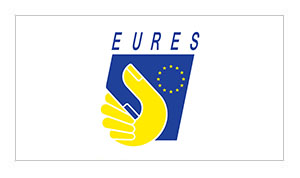As working conditions across Europe continue to deteriorate under mounting austerity pressures, several governments are accused of weakening labour protections to resolve national financial woes—France being the latest to spark controversy.
French Government’s Proposal Raises Alarms
The French administration under Prime Minister Bayrou has proposed reducing public holidays, a move criticized for its impact on workers’ health and family life. While the French National Institute of Statistics estimates a modest 0.06% boost to economic growth if the plan takes effect, labor representatives argue the human cost outweighs economic gains.
Malta Offers a Contrasting Narrative
Unlike France, Malta continues to strengthen its commitment to workers. Maltese employees currently enjoy 14 public holidays—one of the highest in Europe—with compensations for holidays falling on weekends. This policy was reinstated in 2021 by the Labour government after being scrapped in 2005.
Voices from the Unions
Speaking to the General Workers’ Union—the largest trade union in Malta—Secretary General Josef Bugeja warned of growing concerns across the European labor movement. “We’ve seen similar proposals in the past,” he noted, referencing a previous Maltese government’s attempt to eliminate weekend holiday compensation. “It took intervention from the International Labour Organization (ILO) for us to restore those rights.”
European Tensions Grow
With the backdrop of France’s national debt and its prioritization of fiscal interests over worker wellbeing, union leaders caution that overburdening employees with longer working hours and fewer holidays is having a detrimental effect on mental health across the continent.
Malta’s Proactive Approach
Bugeja praised Malta’s current trajectory, saying, “While other governments are cutting back, Malta is entering an unprecedented era of worker engagement and improvement. Our counterparts in Europe are concerned about the direction things are taking.”
The unfolding debate highlights a growing ideological rift in Europe: between those advocating aggressive economic reform and others prioritizing the human dignity of work. As policies evolve, the story of Malta’s defence of workers’ rights offers a counterpoint—and perhaps, a model to follow.







